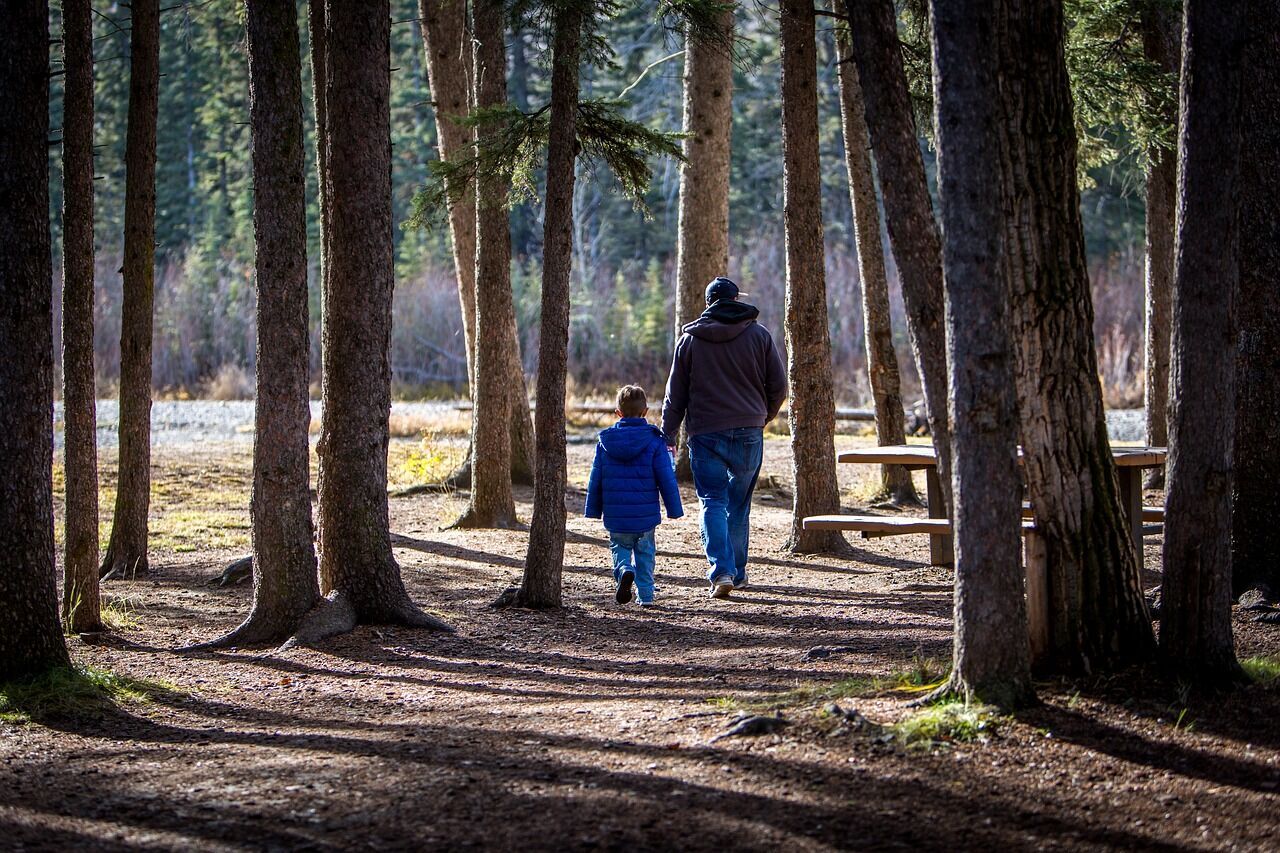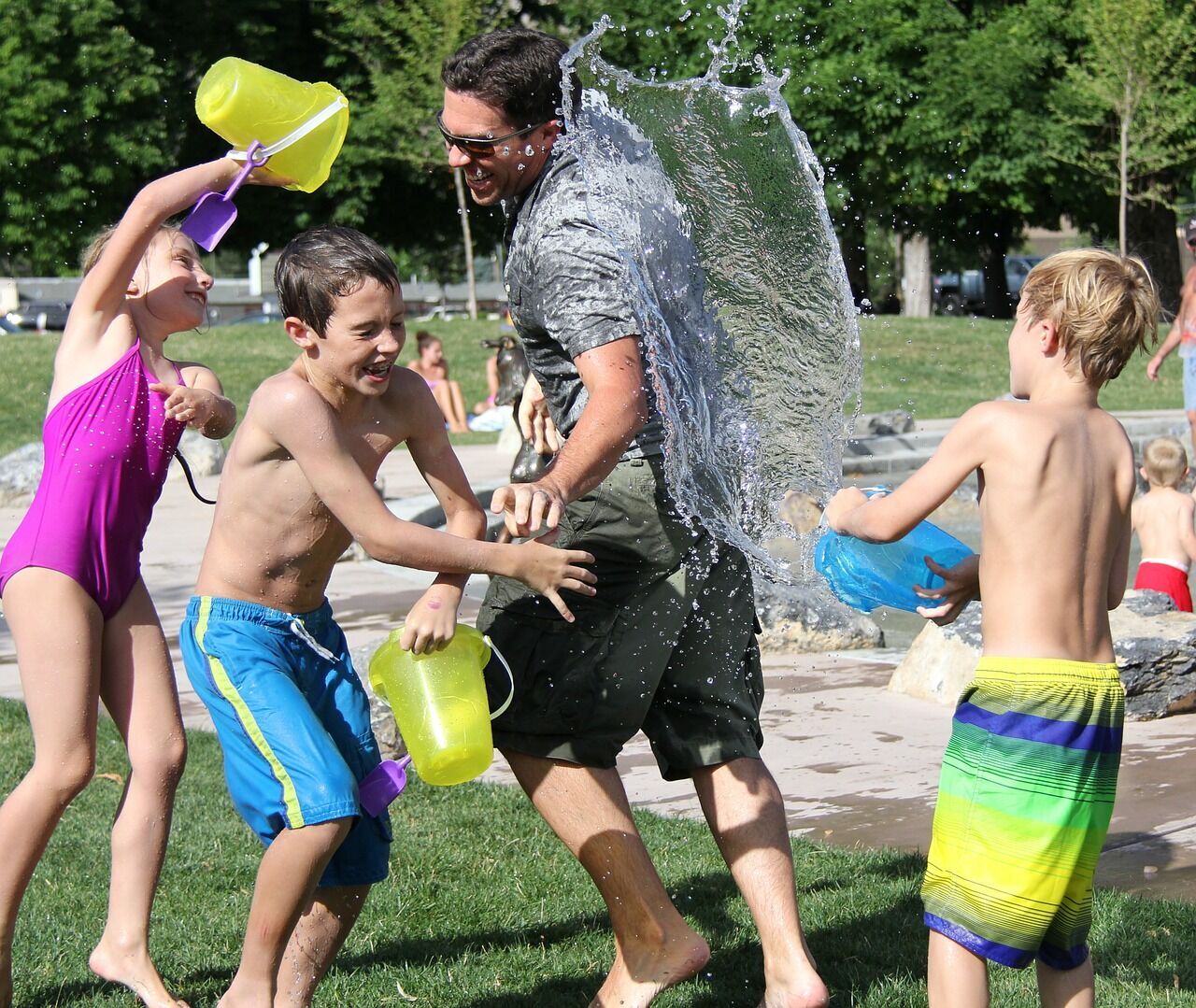We live in a busy world. Devoted parents spend a lot of time working to provide the best they can for their children. It might seem different from the little ones, but most parents would rather spend time with them than go to work every day. However, since it is the way it is, here […]
Category: Family
5 Tips on How to Raise Environmentally Aware Kids
*Note from Dave: I did not write this, but I do take environmental stewardship seriously. I don’t believe that carbon dioxide is a pollutant, and I think that straw bands are worthless virtue signalling. I also believe anyone that says the “science is settled” on man-caused global warming is an idiot that does not understand […]
4 Things to Teach Your Child before College
Last year, my son went to college. It was the most exciting year of his life. It was the most challenging year of my life. At one point, I started feeling like a complete failure of a parent. Did I fail to prepare my son for college? I know that he’s not a kid anymore. […]
How to Fly with Your Infant
Traveling with a baby is in no way easy; instead, it might be the most daunting task of your life, if you think about it. Not only are you suppose to make sure your baby doesn’t cry but also ensure that the sound of his/her sobs does not disturb the other passengers. I think that […]
How to Have a Happy Family – 7 Amazing Tips
“Family is not an important thing. It is everything.” I believe everyone can relate to this feeling.Family is God’s gift to you. Given that, it is your responsibility to keep your family happy. Here are some of the basics that according to psychologists and thinkers are ways have a happy family.* #1.Bond with Your Family […]





